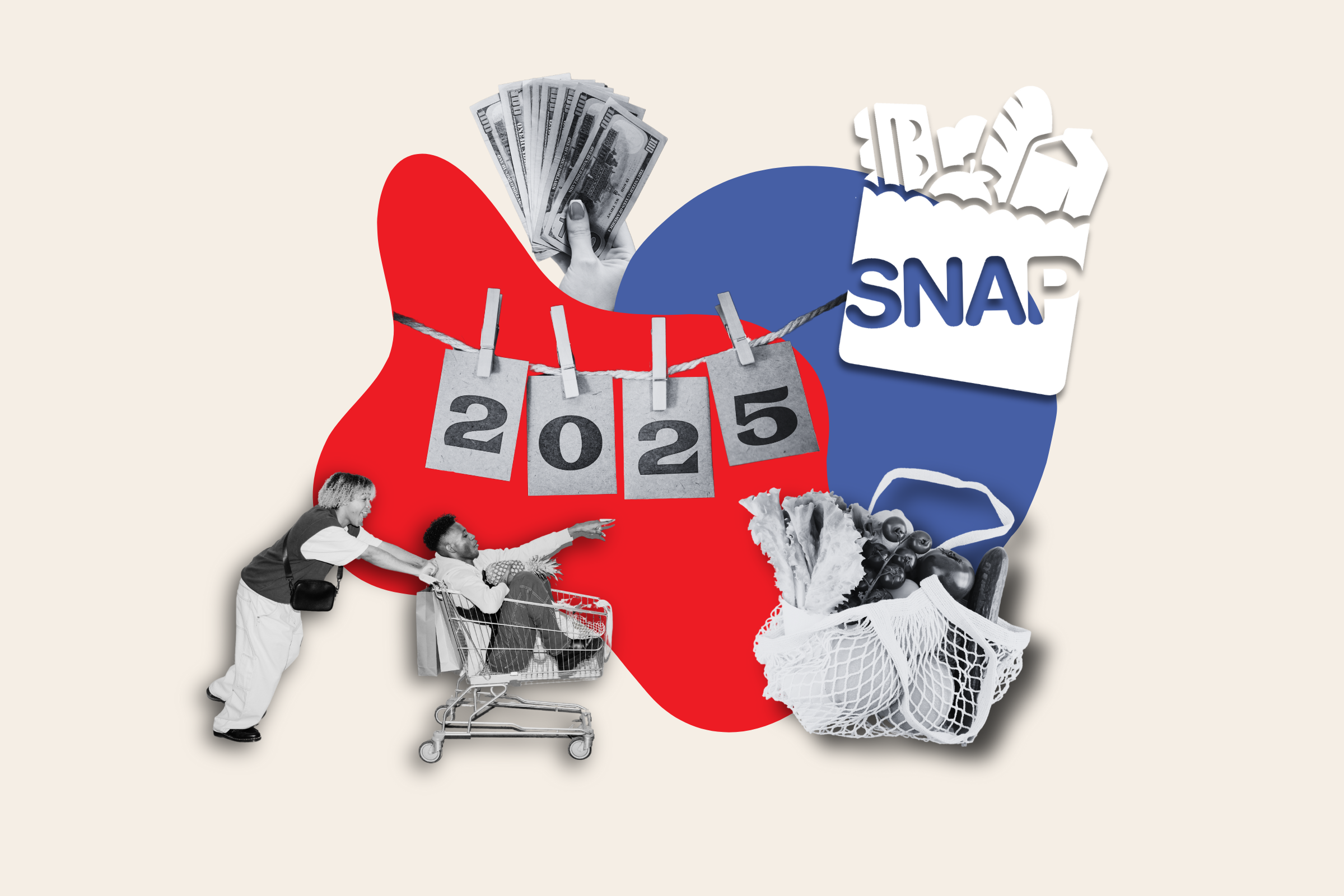What's New
A poll conducted at the beginning of December found that the majority of Americans are taking a step back from politics following the presidential election.
Why It Matters
The survey, which was conducted by the Associated Press-NORC Center for Public Affairs Research, showed that about two-thirds of American adults say they recently felt the need to limit their media consumption when it comes to politics and the government.
The poll was conducted between December 5 and 9 with 1,251 adults using a sample drawn from NORC's probability-based AmeriSpeaks Panel. The margin of error is plus or minus 3.7 percentage points.

What To Know
About 7 in 10 Democrats say they have withdrawn from political news recently.
The percentage isn't as high for Republicans, whose party won the presidential election with President-elect Donald Trump preparing to take office on January 20. Even still, 6 in 10 Republicans have also felt the need to take some time off of the political sphere, and Independents are similar, according to the Associated Press.
The poll also found that after the election season, people are more likely to disapprove of celebrities, large companies and professional athletes speaking out about politics. This comes after a lot of big-name organizations and celebrities, like Taylor Swift and Beyoncé, shared their thoughts throughout the election cycle.
For television networks, the numbers between who was watching and who is watching now are potentially even starker. Since Trump won his re-election with 312 electoral votes, there has been a shift that The Washington Post has described as a "turn off the news" movement, where people no longer want push alerts, television news or even podcast information.
The Nielsen company, which provides cross-media measurements, told the Associated Press that the prime-time viewership of MSNBC was an average of 620,000 after election night through December 13. That is down 54 percent from the pre-election audience the news outlet saw this year. The Associated Press reported that MSNBC saw similar viewership issues after Trump's 2016 presidential win.
But MSNBC had seen a bounce back in its viewership after the Trump 2016 administration started.
CNN's average has also been down since Election Day, at 45 percent. The Associated Press, however, reported that CNN's streaming and digital ratings have been consistent.
Contrarily, the more Republican-leaning Fox News Channel saw an uptick in viewers, with a post-election average of 2.68 million people. This is up from before the election by 13 percent.
Since the election, the Associated Press reported that of the people watching MSNBC, CNN or Fox News in the evenings, 72 percent are choosing Fox compared to 53 percent before Election Day.
New York Times opinion columnist Charles Blow, however, said in a piece last week that people should "absolutely not" feel guilty about turning off the news recently.
"First, taking time to lick wounds speeds their healing," Blow wrote. "Second, outrage is expensive. It consumes a tremendous amount of fuel, which at some point must be replenished. We do so by taking breaks to sit in solitude, to touch grass, to be truly present with loved ones and to clarify our purpose."
The Associated Press found in its survey that some want news outlets like MSNBC to expand its audience to talk about political issues rather than a figurehead like Trump. They're looking for more in-depth storytelling rather than one-sided opinions.
What People Are Saying
Ziad Aunallah of San Diego told the Associated Press: "People are mentally exhausted. Everyone knows what is coming and we are just taking some time off."
Brandon Wilson, a professor in California, told The Washington Post: I pretty much stopped on a dime.
Andrew DelPonte of Maryland told The Washington Post: "I was maybe so overinformed going into this election that now I just need to take a step back. Things I think I have control over is what is helpful right now."
Sam Gude of Lincoln, Nebraska, told the Associated Press: "The last thing I was to watch right now is the interregnum."
What's Next
While many politicians are "off" until the end of the year, the new Congress session begins on January 3, and Trump will be sworn into office on January 20.










.jpg?mbid=social_retweet)









 English (US) ·
English (US) ·